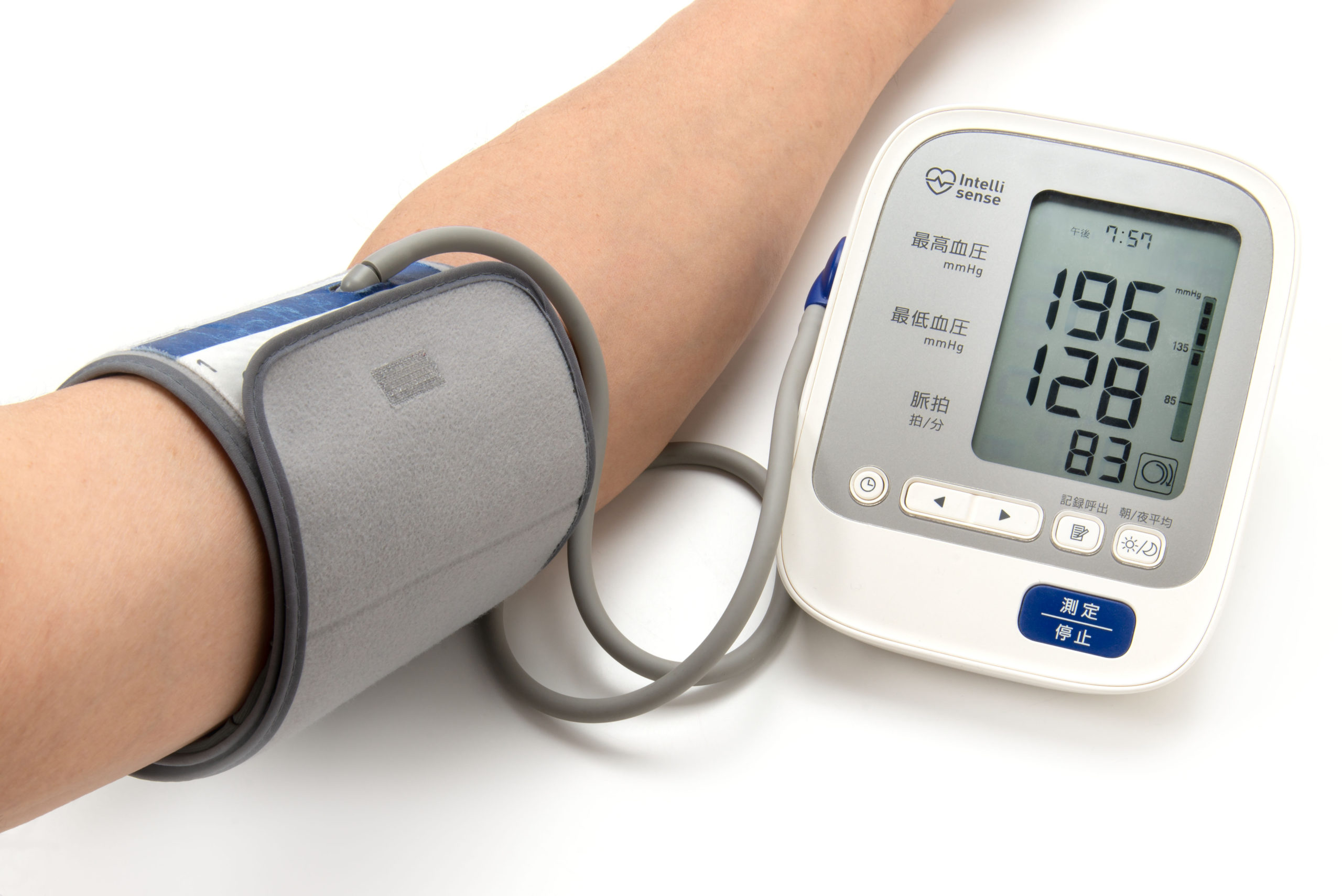Resistance Training for Metabolic Syndrome

Phil Thompson, MS, CSCS
ConnectCare3 Health Coach

Did you know that resistance training (RT) can decrease your chances of developing Metabolic Syndrome (MetS) by 17% independent of doing any aerobic activity? Adding in aerobic activity with RT can decrease your chances of MetS by up to 25%!
What is RT? RT is any exercise that causes the muscles to contract against an external resistance with the expectation of increasing strength, power, endurance, and/or hypertrophy (increased muscle size). Now with that said, I’m not talking about those green dumbbells you have sitting in the back of the closet. A fitness center with a variety of equipment will allow you to safely and effectively push/pull weight to achieve the aforementioned goals.
Outlined below are several of the risk factors associated with MetS and the positive effect that RT can make on controlling these risk factors.

Dyslipidemia
A study of nearly 8500 male employees across 50 companies observed a reduced risk of hypercholesterolemia among individuals participating in RT programs. However, only those individuals who participated in RT more than four hours per week maintained this reduced risk.

Hypertension
Another study demonstrated the overall effect of RT was a decrease of 3.2 mm Hg in systolic BP and a decrease of 3.5 mm Hg in diastolic BP. Although these reductions seem modest, a systolic BP reduction of 3 mm Hg in average populations has been estimated to reduce cardiac morbidity by 5% to 9%, stroke by 8% to 14%, and all-cause mortality by 4%.

In addition to helping control some of the underlying risk factors, RT is paramount for fat loss and more importantly weight management that can lessen these risk factors. For more information on effective fat loss and healthy weight management check out the ConnectCare3 mini-series: https://connectcare3.com/resources/weight-loss-the-keys-to-success/.
To learn more about the importance of resistance training or for help starting a resistance training program, contact ConnectCare3 to get started with a health coach.

References:
- Eckel RH, Grundy SM, Zimmet PZ. The metabolic syndrome. Lancet. 2005; 365(9468):1415–28.
- Bakker EA, Lee DC, Sui X, et al. Association of Resistance Exercise, Independent of and Combined With Aerobic Exercise, With the Incidence of Metabolic Syndrome. Mayo Clin Proc. 2017;92(8):1214-1222. doi:10.1016/j.mayocp.2017.02.018
- Tucker LA, Silvester LJ. Strength training and hypercholesterolemia: an epidemiologic study of 8499 employed men. Am J Health Promot. 1996; 11: 35–41.
- Braith RW, Stewart KJ. Resistance exercise training: its role in the prevention of cardiovascular disease. Circulation. 2006 Jun 6;113(22):2642-50. doi: 10.1161/CIRCULATIONAHA.105.584060. PMID: 16754812.